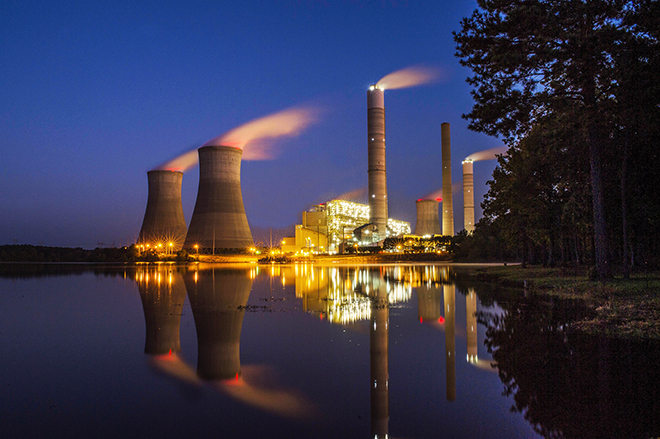
Uganda is embarking on a review of the potential of its uranium resources. This move aligns with the nation’s broader energy goals to develop a total of 52,481 megawatts of electricity to support the economic growth and development.
.jpg)
The country's exploration efforts are guided by the Integrated Uranium Production Cycle Review Mission, which is tasked with evaluating Uganda's capabilities in terms of legal frameworks, technical capacity, uranium reserves, safety standards, and environmental safeguards. This initiative emphasizes Uganda’s commitment to developing a better infrastructure for nuclear energy.
Currently, Uganda is actually still in the preliminary stages of uranium exploration, focusing on verifying several identified uranium anomalies. These early investigations are crucial as they determine the feasibility of transitioning into uranium production. If the reserves are confirmed and utilized efficiently, Uganda could significantly bolster its energy independence with nuclear power.
According to the International Atomic Energy Agency (IAEA), which has also reviewed Uganda's nuclear power infrastructure, the nation is on the right track. The IAEA’s findings highlighted the Ugandan government's dedication to establishing the necessary framework for nuclear energy, emphasizing a coordinated approach involving all stakeholders. This endorsement from the IAEA is a critical step forward for Uganda, reinforcing international confidence in its nuclear ambitions.
In terms of raw materials, the statistics are striking. To sustain a single 1,000-megawatt nuclear power plant, approximately 1.14 tonnes of uranium is needed annually. Therefore, for Uganda's goal of 24,000 megawatts, about 4,000 tonnes of uranium would be required. This demand places a significant emphasis on the country's ability to not only confirm the presence of uranium deposits but also to efficiently harness and manage these resources.
The move towards nuclear energy is seen by many experts as a strategic diversification of Uganda’s energy portfolio, which currently relies heavily on hydroelectric power. With increasing energy demands driven by population growth and industrialization, nuclear energy offers a reliable and clean alternative capable of providing high levels of stable power supply.
As the country progresses with its exploration and potential exploitation of uranium, the international community watches closely. The success of Uganda's nuclear power strategy could not only reshape its own energy landscape but also serve as a model for other African nations considering nuclear energy as a part of their energy solutions.
This development marks a great milestone in Uganda's energy strategy, positioning the country at the forefront of nuclear energy development in the East African region.











